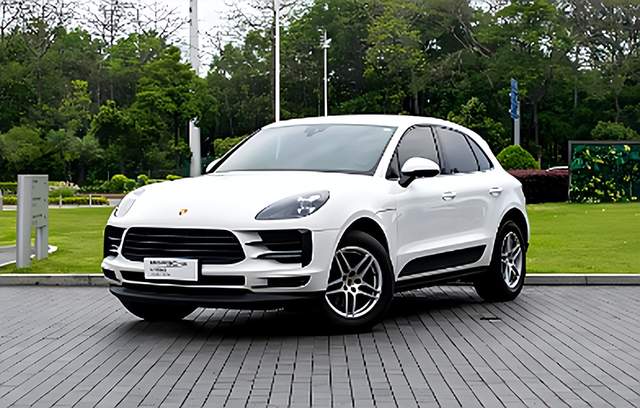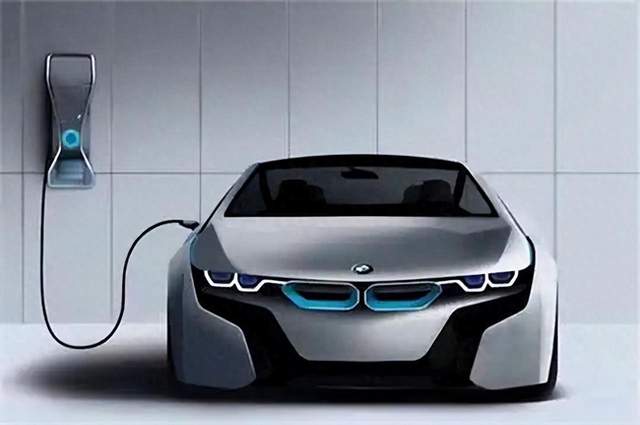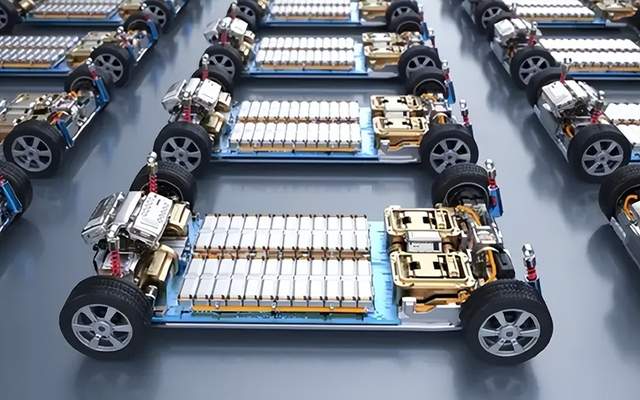Fuel Vehicles Stage a Resounding Comeback, Pushing Back Against Electric Vehicles Amid Global Market Shifts
![]() 01/19 2025
01/19 2025
![]() 637
637
Since late 2024, fuel vehicles have mounted a successful counteroffensive in the domestic market, driving their market share in the new car segment to a steady rebound. As of the second week of this year, the market share of fuel vehicles has surged back above 60%. This turnaround signifies a reversal of fortune for fuel vehicles, prompting the global automotive industry to quietly reassess its stance on new energy vehicles. Notably, a leading automaker has announced plans to resume production of fuel vehicles.

Luxury automaker Porsche has unveiled its intention to resume production of the Macan fuel version or hybrid variant, which will coexist with the Macan electric model. This decision underscores Porsche's acknowledgment of market realities and a reassessment of its previous hurried decision to halt fuel vehicle production.
2024 data revealed a dip in Porsche's global sales, with the steepest decline observed in electric vehicle sales, which plummeted by over 60% year-on-year. Conversely, fuel vehicle sales remained resilient. This indicates that the global market's transition to electric vehicles has not been as swift as anticipated, leaving Porsche with a sense of regret.
China, once the most aggressive market for new energy vehicle development, has also witnessed shifts. In the first half of 2024, new energy vehicles gained significant traction in the domestic market. However, by September 2024, fuel vehicles quietly staged a comeback. By November 2024, the momentum of fuel vehicles' resurgence accelerated. Early November 2024 saw new energy vehicles account for 55% of the new car market, but by year-end, this share had plummeted to 42% and further declined to around 39% in the second week of this year.

Overseas markets have also experienced changes in electric vehicle development. German market data for November 2024 showed a 22% year-on-year decline in electric vehicle sales. In the US market, where Tesla, the pioneer of electric vehicles, is based, electric vehicles accounted for a mere 7% of the new car market. While it is often claimed that Tesla has overtaken BBA in the US market, the truth is that electric vehicle penetration in the US remains dismally low.
In contrast, Japanese automakers specializing in fuel-efficient hybrid technology saw hope in 2024. The surge in sales of Toyota's fuel-efficient hybrid models in Germany doubled Toyota's sales in November 2024. Similarly, in the first half of 2024, Toyota's sales in the US increased by 14%, attributed to American consumers' preference for Toyota's fuel-efficient hybrid technology.
The sudden setback in electric vehicle development can be attributed to their persistent failure to address inherent flaws. Firstly, range anxiety persists for electric vehicles. The range claimed by manufacturers is often significantly reduced in real-world usage, especially in cold weather, where range can halve.

Secondly, electric vehicle fast charging technology still falls short of expectations. It currently takes about half an hour to fully charge an electric vehicle, a stark contrast to the 5 minutes required to refuel a fuel vehicle. Moreover, the charging speed of electric vehicles' fast charging technology drops rapidly after reaching about 90% charge.
Thirdly, the fire hazard associated with electric vehicles looms large over the industry. In August 2024, an electric vehicle fire in Incheon, South Korea, sent shockwaves through consumers. In this incident, the sprinkler fire suppression system in the underground garage failed to function, resulting in the destruction of 140 vehicles and severe losses. Some owners may even face bankruptcy as a consequence.
These factors have collectively contributed to the abrupt deceleration in the rapid development of the electric vehicle industry observed in the first half of 2024. With Porsche's decision to resume fuel vehicle production, it further underscores a significant shift in the automotive industry's perspective on electric vehicles. Fuel vehicles appear poised to once again bask in the limelight.








